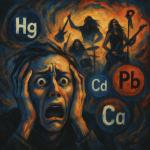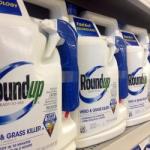By almost any measure, autism is the topic du jour. Lately, Tylenol has been the culprit, but traditionally, other factors, such as heavy metal exposure, are the purported culprits.
toxicology
There’s a secret about the modern news cycle many people don’t know: Much of it is manufactured by public relations (PR) firms trying to gin up favorable media coverage for their clients.
Here are a few news stories (and advertisements) that I have encountered this past year:
Earlier in June, the FDA agreed to reevaluate the safety of bisphenol A (BPA) in plastics, coating, and other materials that contact food.
If you want to show that any chemical is dangerous, here's a three-step process that will consistently yield the desired result:
It is phthalates, a group of chemicals that are used to soften plastic. These chemicals are one of the most studied groups of chemicals in use today.
Peer review, especially peer review of chemical safety/risk assessments, is under assault. Despite the fact that government agencies, industries, universities, NGOs and consulting groups recognize the added credibility that peer review bring
Pick just about any newspaper or journal and during the course of a year, one or more articles will be devoted to the benefits (or not) of organic foods and the downsides (or not) of conventionally grown food with pesticides and herbicides.
By Michael Dourson, Bernard K. Gadagbui, and Patrician M. McGinnis
We have all heard the saying “Too much of a good thing.” This applies to foods, drinks and many kinds of activities. This saying also applies to chemicals we “hear” about in our daily news.












